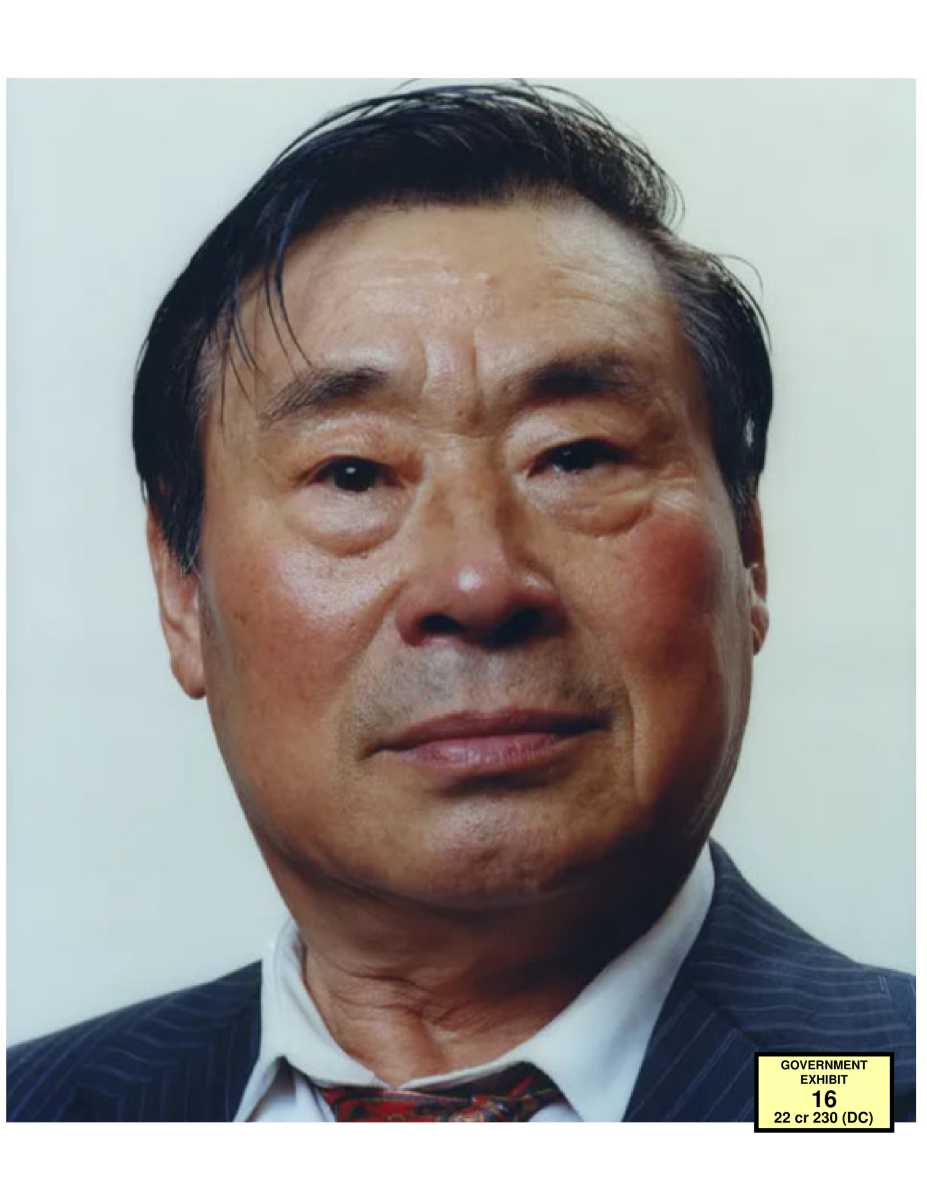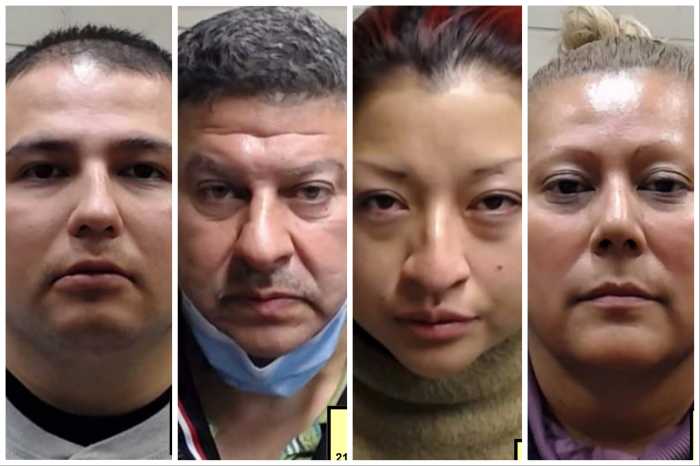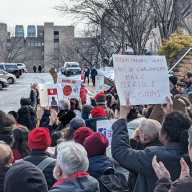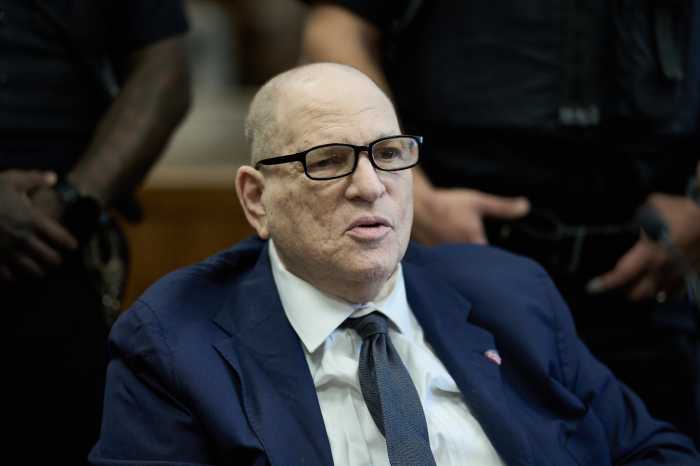A 75-year-old Flushing man was convicted by a jury in Brooklyn federal court on Tuesday of acting as a covert Chinese agent who spied on dissidents associated with a pro-democracy organization he helped start.
Shujun Wang was found guilty on all four counts of an indictment charging him with acting and conspiring to act as an agent of a foreign government without prior notification to the U.S. Attorney General, criminal possession identification and making false statements to law enforcement.
The verdict followed a seven-day trial, and, when he is sentenced in January, Wang faces up to 25 years in prison.
Wang is a naturalized U.S. citizen of Chinese descent and one of the founders of the pro-democracy Hu Yaobang and Zhao Ziyang Memorial Foundation, an organization located in Flushing, whose members are well-known pro-democracy dissidents who oppose the current government of the People’s Republic of China.
Instead of promoting democracy in the PRC, Wang, at the direction of PRC government officials, used his position within the Memorial Foundation and his status within the Chinese diaspora to collect information about prominent activists, academics and dissidents and reported that information back to the PRC government.
“This indictment could have been the plot of a spy novel, but the evidence is shockingly real that the defendant was a secret agent for the Chinese government,” U.S. Attorney Breon Peace said. “Posing as a well-known academic and founder of a pro-democracy organization, Wang was willing to betray those who respected and trusted him.”
As proven at trial, since at least 2006, Wang operated under the direction and control of his co-defendants, four officials of China’s Ministry of State Security (MSS), which is responsible for the PRC’s foreign intelligence collection.
At the MSS’s direction, Wang gathered information on people and groups that the PRC considers subversive, such as Hong Kong democracy protestors, advocates for Taiwanese independence and Uyghur and Tibetan activists, both in the United States and abroad.
Wang conducted face-to-face meetings with MSS officials while on trips to the PRC, and used WeChat to receive orders from his co-defendants and to send and receive written messages and files. His co-defendants in the espionage scheme, Feng He, Jie Ji, Ming Li and Keqing Lu are officials from China’s MSS. They remain at large.
Wang often memorialized the information he collected in email “diaries” to be accessed by the MSS. These “diaries” included details about Wang’s private conversations with prominent dissidents, as well as the activities of pro-democracy activists and human rights organizations. Law enforcement recovered from Wang’s residence diary entries that he wrote to He, Ji, Li, Lu and other MSS officials.
Additionally, in connection with his work for the MSS, Wang possessed telephone numbers and contact information belonging to Chinese dissidents. Wang made materially false statements to federal law enforcement, falsely denying that he had contacts with PRC officials or the MSS.
Over the course of three separate interviews between 2017 and 2021, Wang repeatedly denied or downplayed his contact with individuals from the Chinese intelligence agency. During one of the interviews, in 2019, Wang was interviewed by federal law enforcement agents at JFK Airport after he returned from China. Wang falsely stated that he had no contact with anyone from the Chinese government and that he had no Chinese government contact information.
“When confronted with his shameful conduct, the defendant lied to law enforcement, but today’s verdict revealed the truth about his crimes and he will now face the consequences,” Peace said.
The victims of Wang’s efforts included Hong Kong pro-democracy activists, advocates for Taiwanese independence and Uyghur and Tibetan activists in Queens, the U.S. and abroad.
“This defendant infiltrated a New York-based advocacy group by masquerading as a pro-democracy activist, all while covertly collecting and reporting sensitive information about its members to the PRC’s intelligence service,” said Assistant Attorney General Matthew G. Olsen of the Justice Department’s National Security Division. “Today’s verdict demonstrates that those who would seek to advance the Chinese government’s agenda of transnational repression will be held accountable.”



































